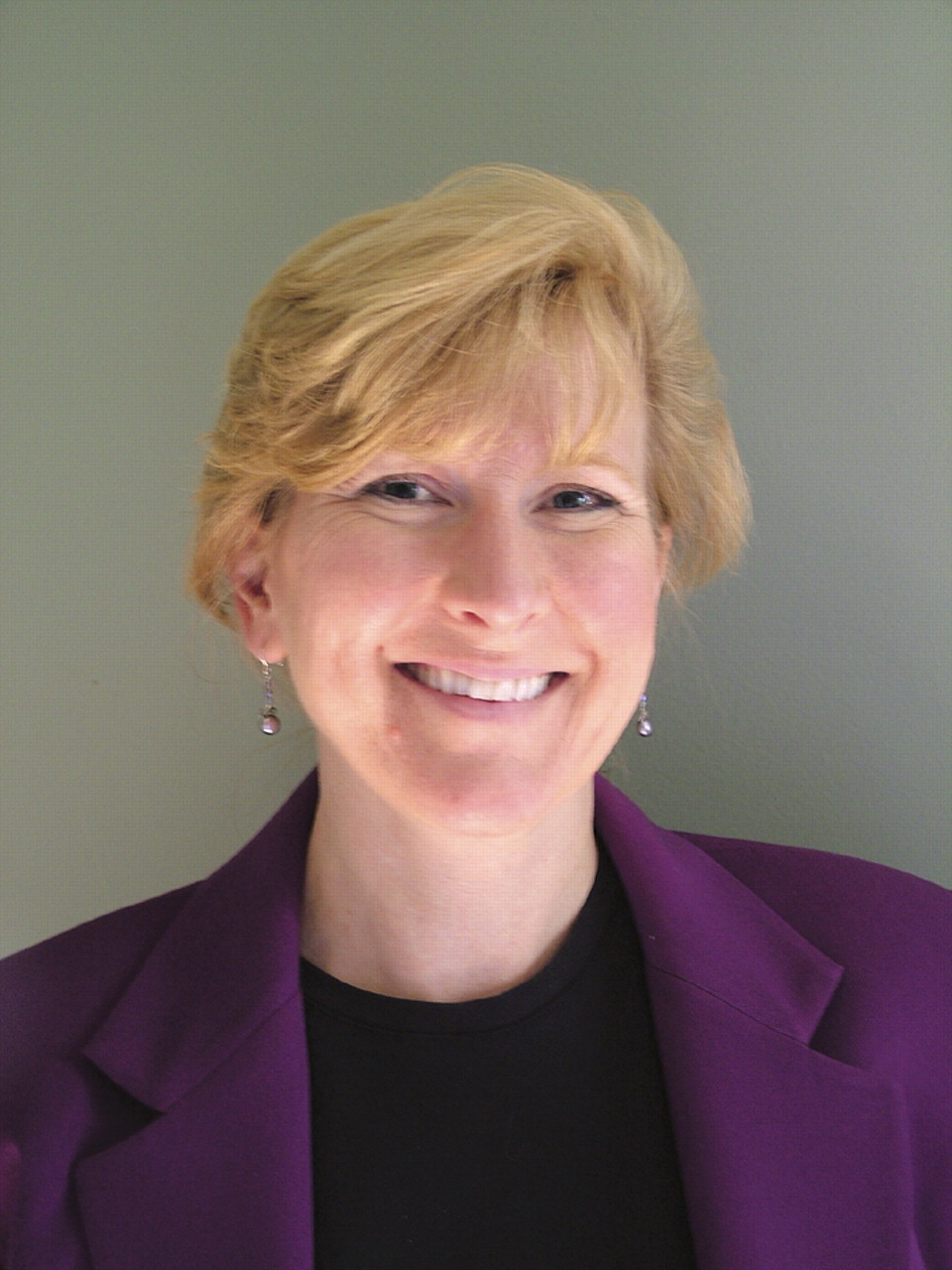Medical School Electives Explore Psychiatry in Depth

Brenda Roman, M.D., oversees an elective that helps students explore aspects of psychotherapy. Photo courtesy of Brenda Roman, M.D.
Psychiatric educators charged with designing and overseeing psychiatry electives for medical students face the daunting challenge of making those electives interesting and professionally valuable, while giving an in-depth view of some of the field's diverse areas.
Several educators who have taken on the mission described their programs at the annual meeting of the Association of Directors of Medical Student Education in Psychiatry in San Diego in June.
Aurora Bennett, M.D., is the program coordinator of the new Psychiatry Clinical Scholars Program at the University of Cincinnati College of Medicine. Each year two students will be eligible for the program, one of the rare psychiatry electives that are four years long. Its goal is to expose the students “to the breadth of emerging research and clinical treatment modalities in psychiatry” and the “continuum of psychiatric illnesses and their manifestations across the lifespan,” said Bennett.
When the program begins in the 2005-06 academic year, each student will be assigned a mentor who is expert in an area in which the student expresses interest. The mentorship will continue through the basic-science and clinical years of medical school, and the pair is expected to have regular meetings to discuss research, patient care, and career-related issues. The mentor can also design educational experiences that illuminate these issues. Bennett will coordinate these experiences.
In their first year, the clinical scholars will meet with a research faculty member who will oversee a project the students carry out. They will receive instruction in various aspects of the research process including the critical one of grant writing. Students will present their findings at a departmental research seminar and receive a $3,000 stipend for their summer research activities.
During the second year, students will meet monthly with their mentor and the program coordinator, Bennett noted. A wide range of half-day clinical experiences will be made available to them, which can include children, geriatric patients, patients with HIV disease, and substance-abuse patients. They can also observe ECT, for example, and gain exposure to treatment of mentally ill individuals who are incarcerated or in emergency settings.
These activities will continue into the third school year, and students will be invited to attend psychiatry department conferences.
In their fourth year the scholars and their mentors will design an elective that provides experiences in an area in which the students are particularly interested but to which they have not been exposed or one in which they would like more in-depth knowledge.
Evaluation of and feedback from students will occur at several points during the program, Bennett explained.
Students Learn Basic Psychotherapy
At Wright State University in Dayton, Ohio, Brenda Roman, M.D., an associate professor of psychiatry, directs a one-month elective that exposes fourth-year medical students to psychotherapy before they enter a psychiatry residency.
The elective, now in its second year, introduces students to “basic techniques for two types of psychotherapy”—psychodynamic and cognitive-behavioral (CBT), Roman said. She noted that “students seem to be able to grasp the theory basics of CBT more easily than those of psychodynamic psychotherapy, though of course the basics of developing a therapeutic relationship and basic interview and history-gathering skills are the same for both types.”
Psychotherapy topics in the didactic portion include history, biological basis, and research findings.
“Senior faculty members show videotapes of their own work in these modalities,” and a one-hour discussion follows, she noted. Students also conduct diagnostic interviews, which are videotaped and reviewed with faculty. Patients give written informed consent for the videotapings and are not charged for these sessions. Patients are seen by the chief residents for the last 10 to 15 minutes of a session for managing medication and addressing concerns.
The diagnostic session videotapes are reviewed by all of the elective participants, with Roman or the chief resident conducting these sessions.
Challenges Appear
Roman cited several challenges the program has raised, such as the“ time-consuming nature of this elective for senior faculty” and“ medical student requests for time off during the elective.” Another issue has been how to give a comprehensive-enough experience with the two psychotherapies in a brief period. She and her colleagues are wrestling with the issue of whether the short time available to cover a vast amount of material ends up confusing the students.
Evaluations show that the elective is “highly regarded by students,” Roman indicated. “They report great benefit from the videotaping process and the in-depth examination of their skills—something they had not experienced previously in medical school.”
At Case Western Reserve University in Cleveland, Kathleen Clegg, M.D., oversees a community psychiatry elective that is in its 14th year.
The course, which is funded by the county mental health board, “has generated a good reputation and strong working relationships within the community mental health system,” she noted, with medical students seeing patients in several community mental health centers (CMHCs).
The students, who have already had a third-year community psychiatry clerkship, can choose child psychiatry or adult psychiatry experiences or both.
When working with adults, students can spend time in CMHCs, a crisis unit, adult mobile-crisis team, Assertive Community Treatment team, or homeless shelter.
At the CMHCs, for example, students conduct initial evaluations and follow-up outpatient visits, including with patients who are seriously and persistently mentally ill.
The child psychiatry experience, Clegg pointed out, can involve work in CMHCs, a child mobile-crisis team, a program for young adults, and one for children who have witnessed violence.
She believes that the elective has accomplished its goals of introducing students to community mental health while in medical school and familiarizing them with the mental health resources available in the community.
Clegg told Psychiatric News that she hopes to be able to add experience in a psychiatric emergency room to the elective, but lining up a supervisor there has been an obstacle. ▪



